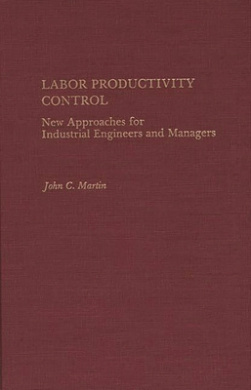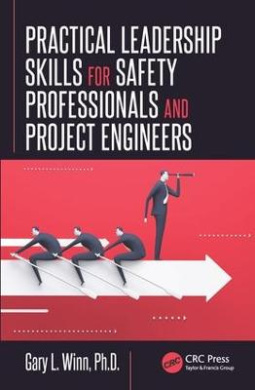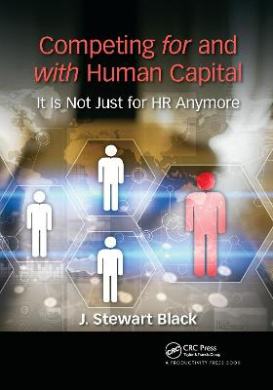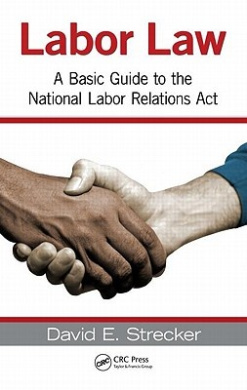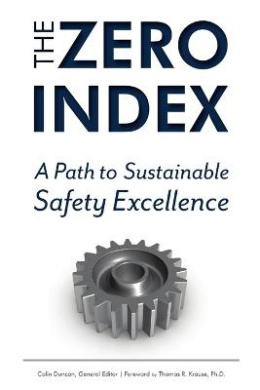Description
This management guide to labour productivity represents the author’s experience of more than 40 years in the engineering field. Based on his work in over 100 plants and a dozen major corporations, John Martin presents his own personal approach to the specifics of labour productivity control, examining a variety of issues and operations that other books tend to neglect. He details longstanding approaches to worker performance and the changes they have undergone, as well as management’s responsibilities and industrial engineering functions, all of which are made applicable to manufacturing, processing and service organizations. Martin’s approach is to examine control strategies that have proven ineffective or incomplete, and to describe alternate methods that he has observed to be workable. To do this, he first explores the basic principles of labour productivity, culled from a combination of historical and modern viewpoints, then follows with discussions of techniques used in general control processes and of various overall control functions. Among the specific topics addressed are work measurement consideration, performance rating and testing, developing and applying time study data, learning curve concepts and applications, wage incentive concepts and plans and preparing and implementing a productivity control system. New concepts discussed include direct time study versus predetermined motion times, computer-aided application of MTM-1, and advanced applications of measured daywork. Designed as a hands-on reference work, “Labour Productivity Control” should be a valuable resource for manufacturing management personnel, practicing industrial engineers, management and line supervisors and students in these fields.
